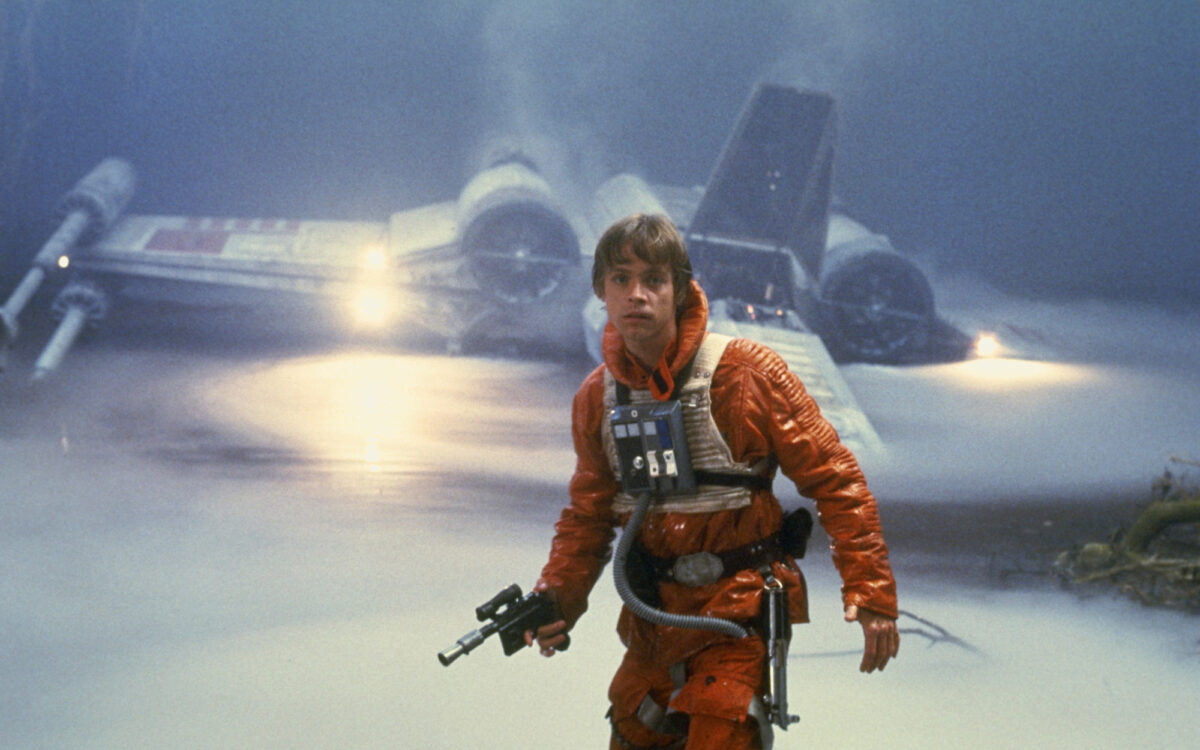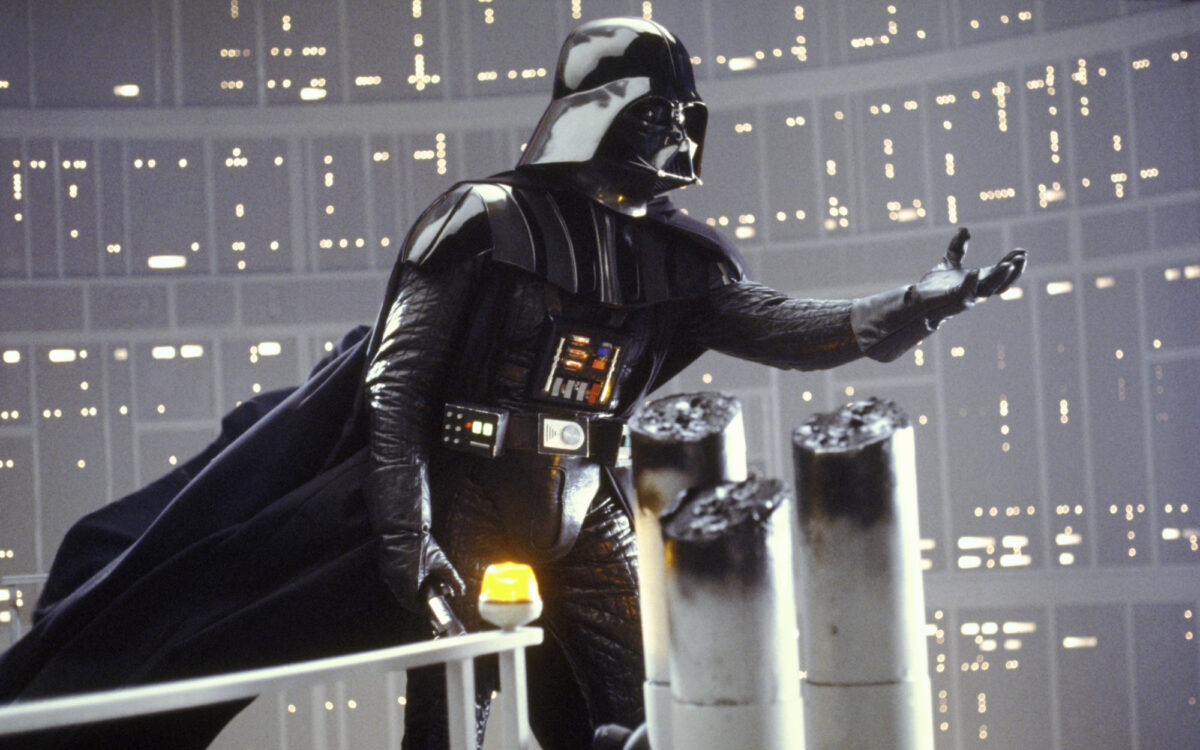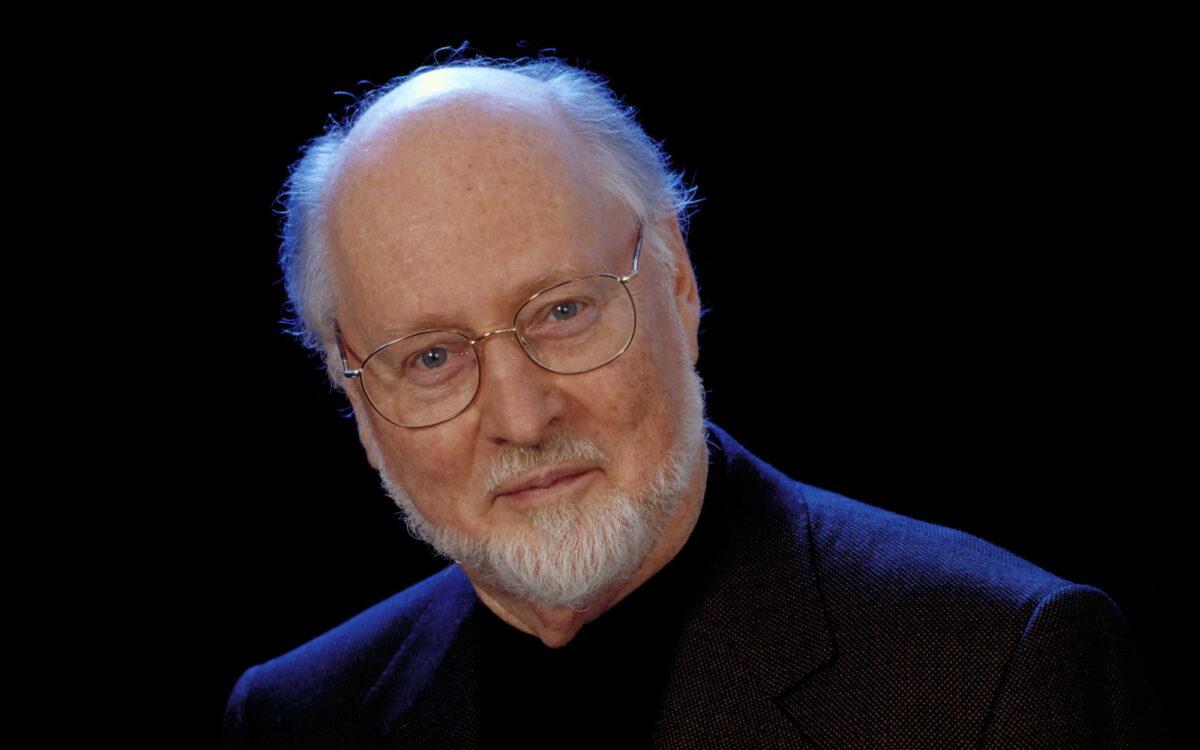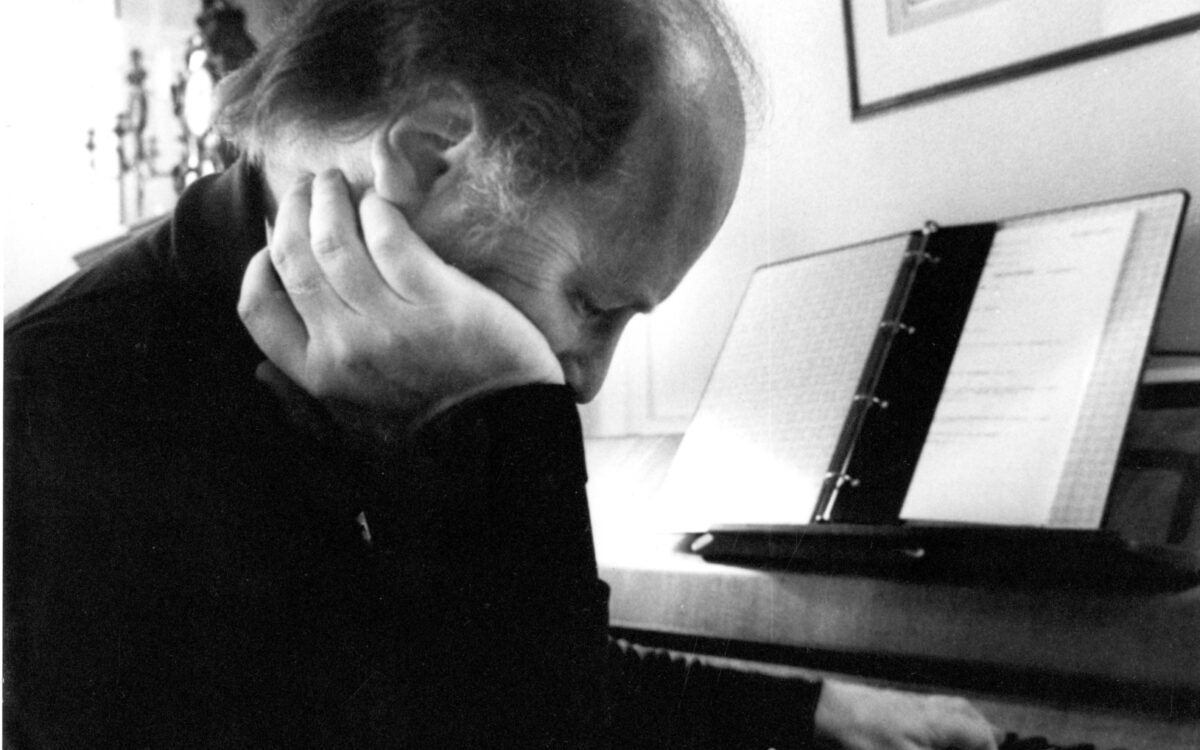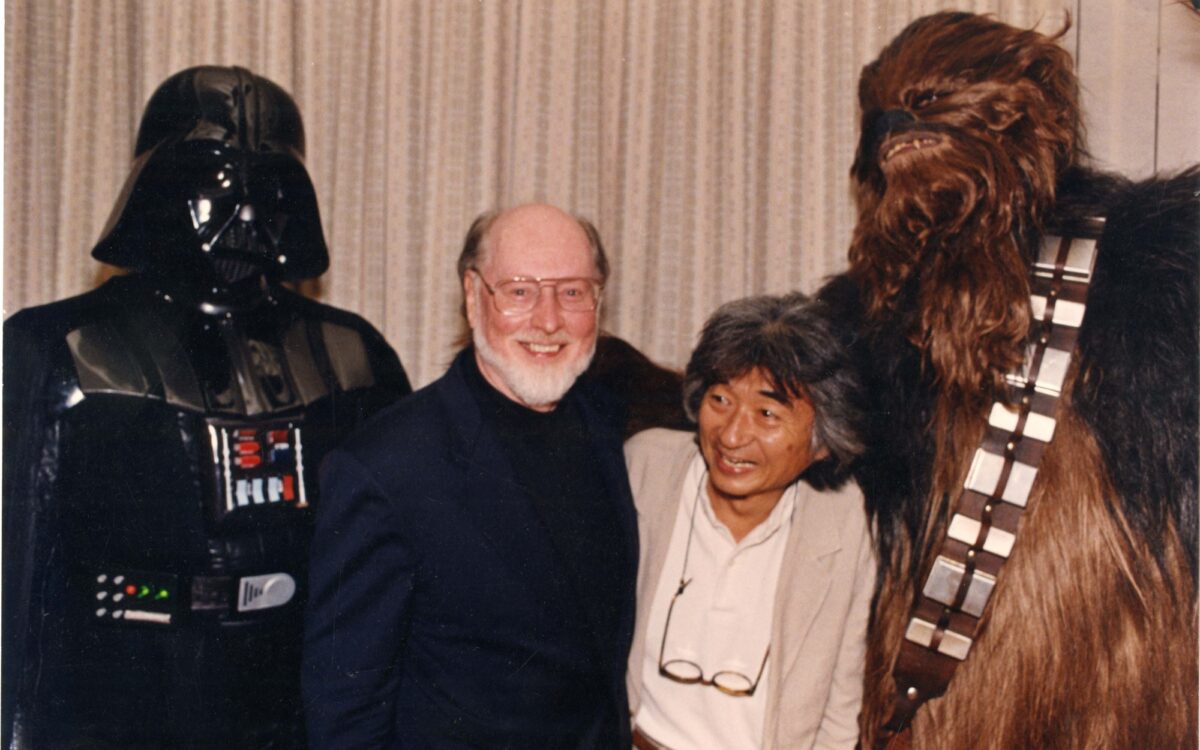John Williams
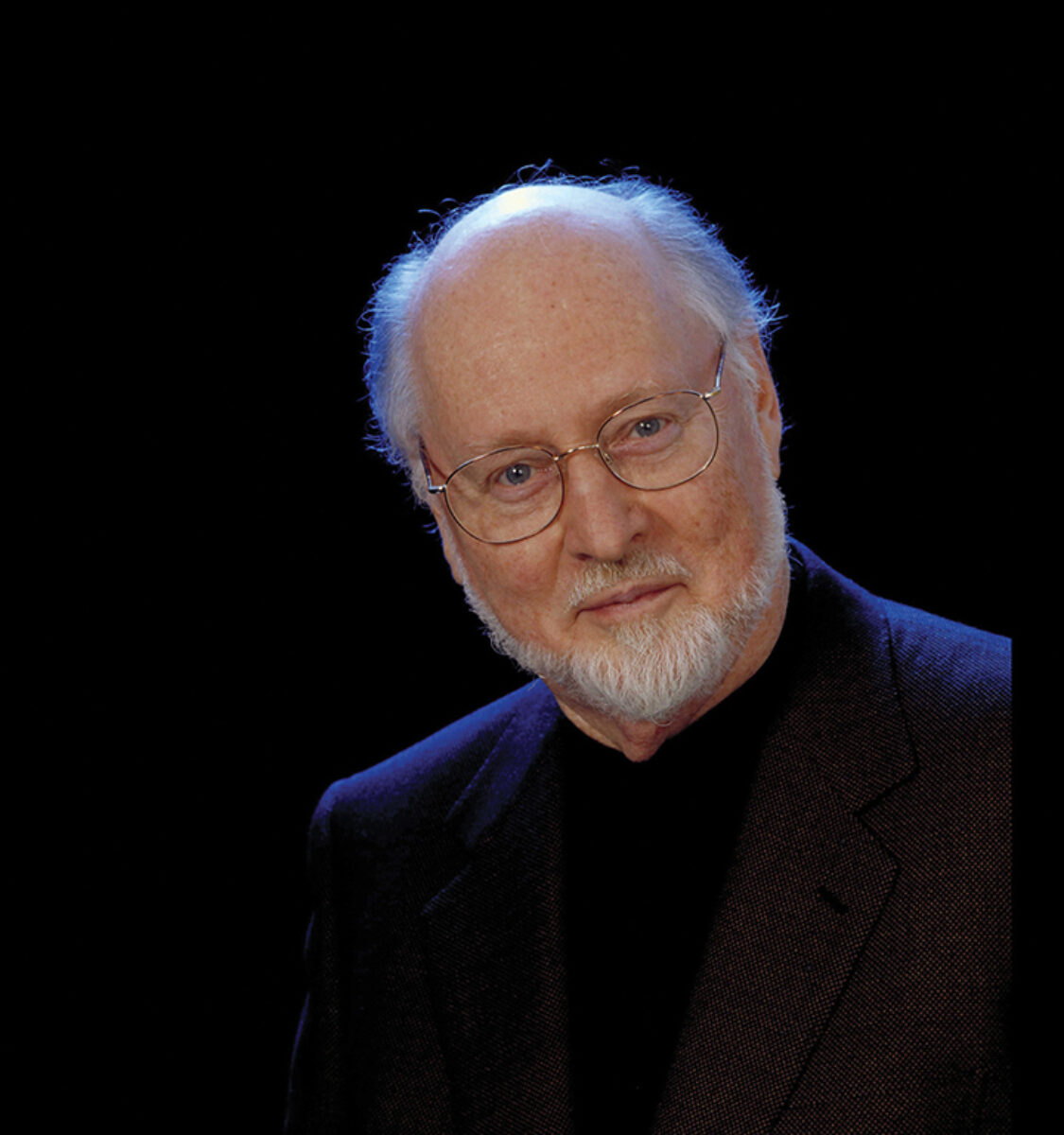
About
In a career spanning more than six decades, John Williams has become one of America’s most accomplished and successful composers for film and the concert stage. He has served as music director and laureate conductor of one of the country’s treasured musical institutions, the Boston Pops, and he maintains thriving artistic relationships with many of the world’s great orchestras, including the Boston Symphony Orchestra, the New York Philharmonic, the Chicago Symphony Orchestra, and the Los Angeles Philharmonic. Williams has received a variety of prestigious awards, including the National Medal of Arts, the Kennedy Center Honors, an honorary KBE from Her Majesty Queen Elizabeth II, the Olympic Order, and numerous Academy Awards, Grammy Awards, Emmy Awards, and Golden Globe Awards. He remains one of our nation’s most distinguished and contributive musical voices.
Williams has composed the music and served as music director for more than 100 films. His 50-year artistic partnership with director Steven Spielberg has resulted in many of Hollywood’s most acclaimed and successful films, including Schindler’s List, E.T. the Extra-Terrestrial, Jaws, Jurassic Park, Close Encounters of the Third Kind, the Indiana Jones films, Saving Private Ryan, Amistad, Munich, Hook, Catch Me If You Can, Minority Report, A.I. Artificial Intelligence, Empire of the Sun, The Adventures of Tintin, War Horse, The BFG, and Lincoln. Their latest collaboration, The Fabelmans, was scored in early 2022. Williams composed the scores for all nine Star Wars films, the first three Harry Potter films, Superman, JFK, Born on the Fourth of July, Memoirs of a Geisha, Far and Away, The Accidental Tourist, Home Alone, Nixon, The Patriot, Angela’s Ashes, Seven Years in Tibet, The Witches of Eastwick, Rosewood, Sleepers, Sabrina, Presumed Innocent, The Cowboys, The Reivers, and Goodbye, Mr. Chips, among many others. His latest film project, Indiana Jones and the Dial of Destiny, is directed by James Mangold and is the fifth installment of the iconic franchise. He has worked with many legendary directors, including Alfred Hitchcock, William Wyler, and Robert Altman. In 1971, he adapted the score for the film version of Fiddler on the Roof, for which he composed original violin cadenzas for renowned virtuoso Isaac Stern. He has appeared on recordings as pianist and conductor with Itzhak Perlman, Joshua Bell, and Jessye Norman, among others. Williams has received five Academy Awards and 53 Oscar nominations, making him the Academy’s most-nominated living person and second-most-nominated person in the history of the Oscars. His most recent nomination was for The Fabelmans. He also has received seven British Academy Film Awards (BAFTA), 25 Grammys, four Golden Globes, five Emmys, and numerous gold and platinum records.
Born and raised in New York, Williams moved to Los Angeles with his family in 1948, where he studied composition with Mario Castelnuovo-Tedesco. After service in the Air Force, he returned to New York to attend the Juilliard School, where he studied piano with Rosina Lhevinne. While in New York, he also worked as a jazz pianist in nightclubs. He returned to Los Angeles and began his career in the film industry, working with a number of accomplished composers including Bernard Herrmann, Alfred Newman, and Franz Waxman. He went on to write music for more than 200 television films and for the groundbreaking, early anthology series Alcoa Theatre, Kraft Television Theatre, Chrysler Theatre, and Playhouse 90. His more recent contributions to television music include the well-known theme for NBC Nightly News (“The Mission”); the theme for NBC’s Meet the Press, which has become network television’s longest-running series; and a new theme for the prestigious PBS arts showcase Great Performances.
In addition to his activity in film and television, Williams has composed numerous works for the concert stage, among them two symphonies, and concertos for flute, violin, clarinet, viola, oboe, and tuba. His cello concerto was commissioned by the Boston Symphony Orchestra and premiered by Yo-Yo Ma at Tanglewood in 1994. Williams also has filled commissions by several of the world’s leading orchestras, including a bassoon concerto for the New York Philharmonic entitled The Five Sacred Trees, a trumpet concerto for the Cleveland Orchestra, and a horn concerto for the Chicago Symphony Orchestra. Seven for Luck, a seven-piece song cycle for soprano and orchestra based on the texts of former U.S. Poet Laureate Rita Dove, was premiered by the BSO at Tanglewood in 1998. In 2021, Williams premiered his second violin concerto with the BSO at Tanglewood along with soloist Anne-Sophie Mutter, for whom he composed the work.
In January 1980, Williams was named 19th music director of the Boston Pops Orchestra, succeeding the legendary Arthur Fiedler. He currently holds the title of Boston Pops Laureate Conductor which he assumed following his retirement in December 1993, after 14 highly successful seasons. He also holds the title of artist-in-residence at Tanglewood.
One of America’s best known and most distinctive artistic voices, Williams has composed music for many important cultural and commemorative events. Liberty Fanfare was composed for the rededication of the Statue of Liberty in 1986. American Journey, written to celebrate the new millennium and to accompany the retrospective film The Unfinished Journey by director Steven Spielberg, was premiered at the America’s Millennium concert in Washington, D.C. on New Year’s Eve, 1999. His orchestral work Soundings was performed at the celebratory opening of Walt Disney Concert Hall in Los Angeles. In the world of sport, he has contributed musical themes for the 1984, 1988, and 1996 Summer Olympic Games, the 2002 Winter Olympic Games, and the 1987 International Summer Games of the Special Olympics. In 2006, Williams composed the theme for NBC’s presentation of Sunday Night Football.
Williams holds honorary degrees from 22 American universities, including Harvard University, the Juilliard School, Boston College, Northeastern University, Tufts University, Boston University, New England Conservatory of Music, University of Massachusetts at Boston, Eastman School of Music, Oberlin Conservatory of Music, and University of Southern California. He is a recipient of the 2009 National Medal of Arts, the highest award given to artists by the United States government. In 2020, Williams received Spain’s prestigious Princess of Asturias Award for the Arts as well as the gold medal from the Royal Philharmonic Society in the U.K. In 2016, he received the 44th Life Achievement Award from the American Film Institute – the first composer in history to receive this honor. In 2003, he received the Olympic Order, the IOC’s highest honor, for his contributions to the Olympic movement. He served as the Grand Marshal of the 2004 Rose Parade in Pasadena and was a recipient of the Kennedy Center Honors in December of that year. In 2018, he received the Trustees Award from the National Academy of Recording Arts and Sciences. Williams was inducted into the American Academy of Arts & Sciences in 2009, and in January of that same year he composed and arranged Air and Simple Gifts especially for the first inaugural ceremony of President Barack Obama. He was awarded an honorary knighthood of the British Empire as one of the final awards approved by Her Majesty Queen Elizabeth II.
Williams seated at the piano in 1979
Williams practices backstage before making his Boston Pops conducting debut in 1980
Williams passes the baton to Keith Lockhart during a Salute to Symphony event on February 6, 1995, at which Lockhart's conductorship was announced
Williams and Seiji Ozawa, BSO Music Director Laureate, pose with Darth Vader and Chewbacca in 1997
From left: Steven Spielberg, Tom Hanks, and Williams at a recording session for Saving Private Ryan on February 21, 1998
From left: Lockhart, Williams, and Ozawa play the piano together during the Symphony Hall Centennial Ball on October 12, 2000
Audra McDonald performs with Williams and the Boston Pops on Film Night at Tanglewood in 2013
From left: Thomas Wilkins, Andris Nelsons, Williams, Anne-Sophie Mutter, and Lockhart backstage at Concert for Our City on October 3, 2021

